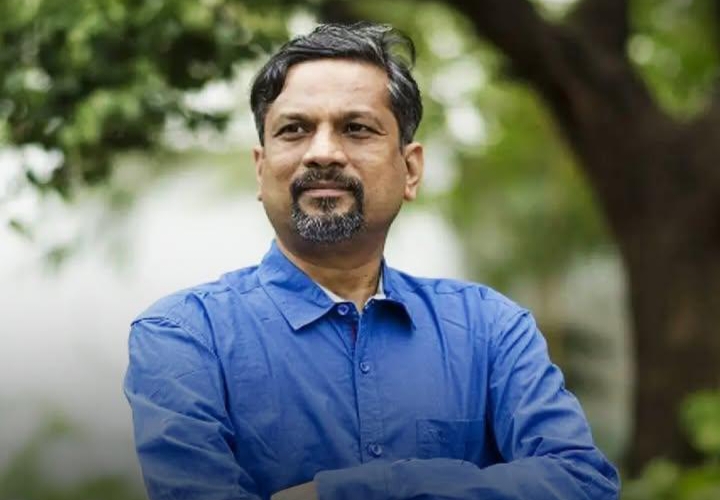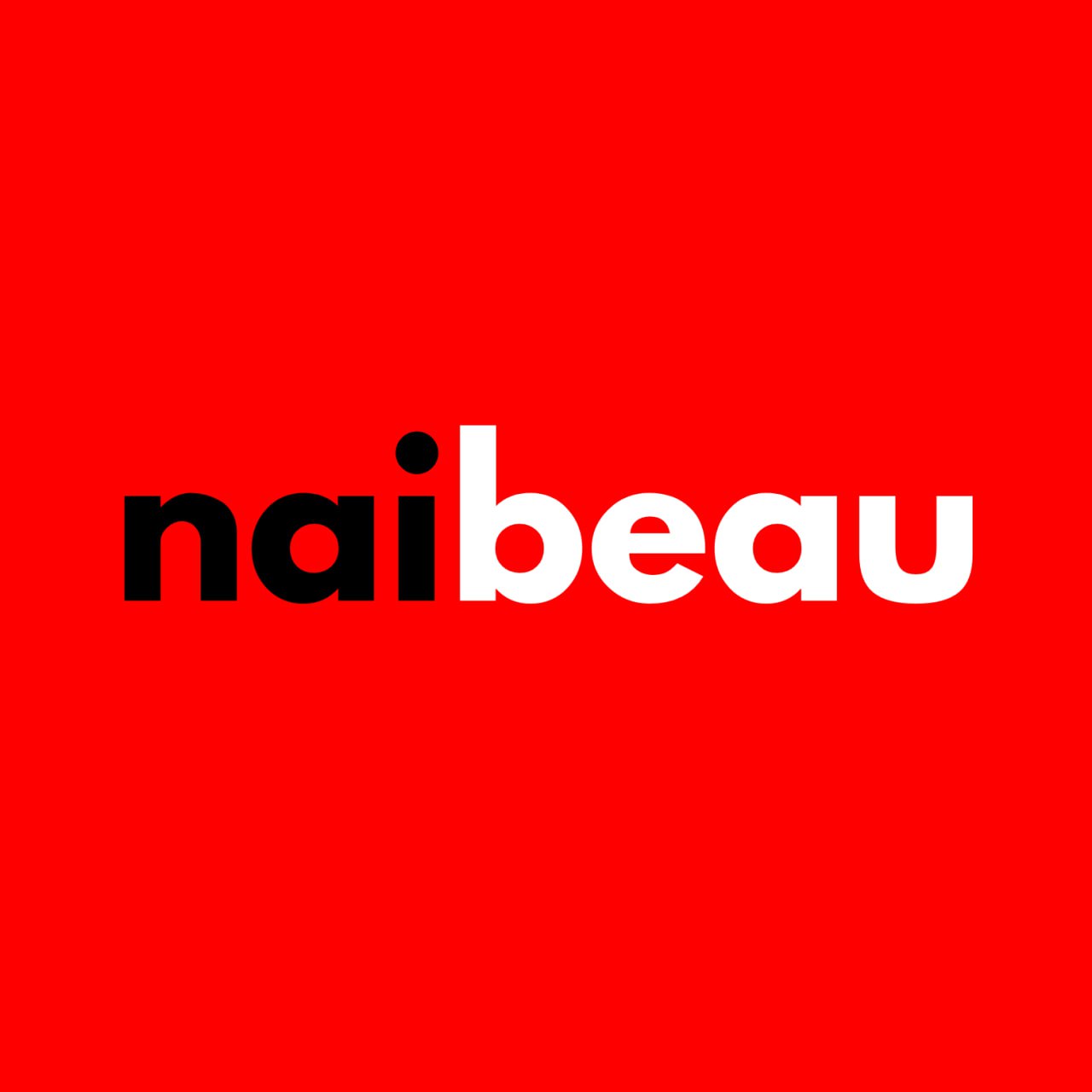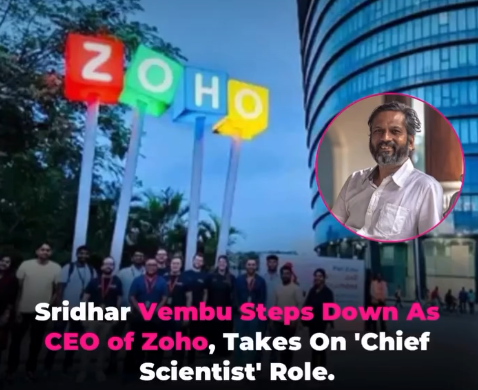Back
Dr Sarun George Sunny
The Way I See It • 6m
⏯️Pause for a minute and think about this: Zoho never raised venture capital, never sold customer data, and chose to build R&D centers in small Indian towns instead of metro towers. Its founder, Sridhar Vembu, even moved to a village himself not as a PR stunt, but to prove talent doesn’t only come from elite campuses. And it works. Zoho is now a global SaaS giant with over 100 million users. The secret isn’t complicated, but it’s rare: trust and consistency. . Customers know Zoho will never sell their data. That’s not a slogan it’s a business model. . Employees know the company will stand by them. When Covid hit, Zoho didn’t panic-layoff. It doubled down on supporting its people. . Communities know Zoho invests locally, training youth through “Zoho Schools” and creating jobs where others see only migration. Recently, Sridhar stepped away from the CEO role to focus fully on R&D. That’s another bold move how many billion-dollar founders choose lab work over limelight? The result: Zoho is now building its own large language models and AI agents, instead of outsourcing core tech. Why? Because if you promise customers privacy, you can’t depend on other people’s black boxes. Most SaaS firms bolt on “AI features” from cloud providers and call it innovation. Zoho, instead, is taking the hard road training its own models, building its own stack, and keeping customer data fully in-house. It’s slower, costlier, and far less glamorous… but it aligns with the promise they’ve made for 25 years: your data is yours. And here’s the bigger picture: Sridhar Vembu has never run Zoho like a sprint. It’s always been a marathon. No IPO pressure. No investor boardrooms breathing down their neck. Just long-term bets, executed steadily. From starting Zoho Schools in 2004 (before “edtech” was even a buzzword) to today’s rural R&D centers and privacy-first AI, every move comes from that same philosophy. It’s almost counterintuitive in today’s hyper-growth climate but maybe that’s why it works. While others chase valuations, Zoho quietly builds institutions. While others design for exits, Zoho designs for decades. Am I right? Yes, Principles compound. A company that protects its customers, empowers its people, and invests in its own tech eventually earns something money can’t buy: trust. And in the long run, trust is the ultimate competitive advantage. The lesson here is powerful: Design your company the way you want your product to feel. Zoho products feel safe, reliable, and human because the company itself is built that way.
More like this
Recommendations from Medial
gray man
I'm just a normal gu... • 9m
A year after unveiling its entry into the semiconductor sector, SaaS unicorn Zoho has paused its ambitious $700 million chipmaking project. Founder Sridhar Vembu shared the update on X, stating that the company requires clarity on its technological
See More
Arcane
Hey, I'm on Medial • 1y
According to Zoho Founder Mr. Sridhar Vembu, 'Leading a public company is far more challenging than a private one.' I have a question for you - If your startup thrives, would you go public for growth and capital, or remain private for autonomy and f
See More
Aakash kashyap
Building JalSeva and... • 1y
Zoho Corporation: 🚀 founded by Sridhar Vembu in 1996 as AdventNet, started as a network management software company. In 2005, it rebranded to Zoho and shifted focus to cloud-based business applications. Unlike most tech startups, Zoho chose to rem
See More
HigherLevelGames
Learning | Earning • 1y
Game Changing Growths of India [ PART 2 ] Until 2011 - AdventNet, Inc provided network management software. Later in 2009, the company was renamed as "Zoho Corporation" and thus started a revolution which is still unknown by many Indians. Sridhar V
See More
Chintan Udani
I'm a pro medialist • 1y
Zoho CEO Sridhar Vembu recently emphasized the need for Indian tech companies to prioritize sustainable revenue growth over short-term valuations. He cautioned that an excessive focus on immediate stock prices and loose funding environments can distr
See MoreDownload the medial app to read full posts, comements and news.




















/entrackr/media/post_attachments/wp-content/uploads/2021/08/Accel-1.jpg)



















